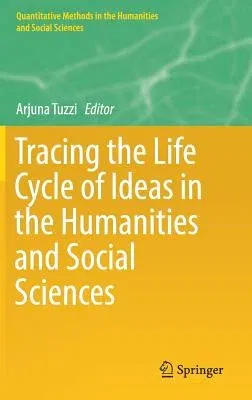This book demonstrates how quantitative methods for text analysis can
successfully combine with qualitative methods in the study of different
disciplines of the Humanities and Social Sciences (HSS). The book
focuses on learning about the evolution of ideas of HSS disciplines
through a distant reading of the contents conveyed by scientific
literature, in order to retrieve the most relevant topics being debated
over time. Quantitative methods, statistical techniques and software
packages are used to identify and study the main subject matters of a
discipline from raw textual data, both in the past and today. The book
also deals with the concept of quality of life of words and aims to
foster a discussion about the life cycle of scientific ideas.
Textual data retrieved from large corpora pose interesting challenges
for any data analysis method and today represent a growing area of
research in many fields. New problems emerge from the growing
availability of large databases and new methods are needed to retrieve
significant information from those large information sources. This book
can be used to explain how quantitative methods can be part of the
research instrumentation and the "toolbox" of scholars of Humanities and
Social Sciences. The book contains numerous examples and a description
of the main methods in use, with references to literature and available
software. Most of the chapters of the book have been written in a
non-technical language for HSS researchers without mathematical,
computer or statistical backgrounds.

